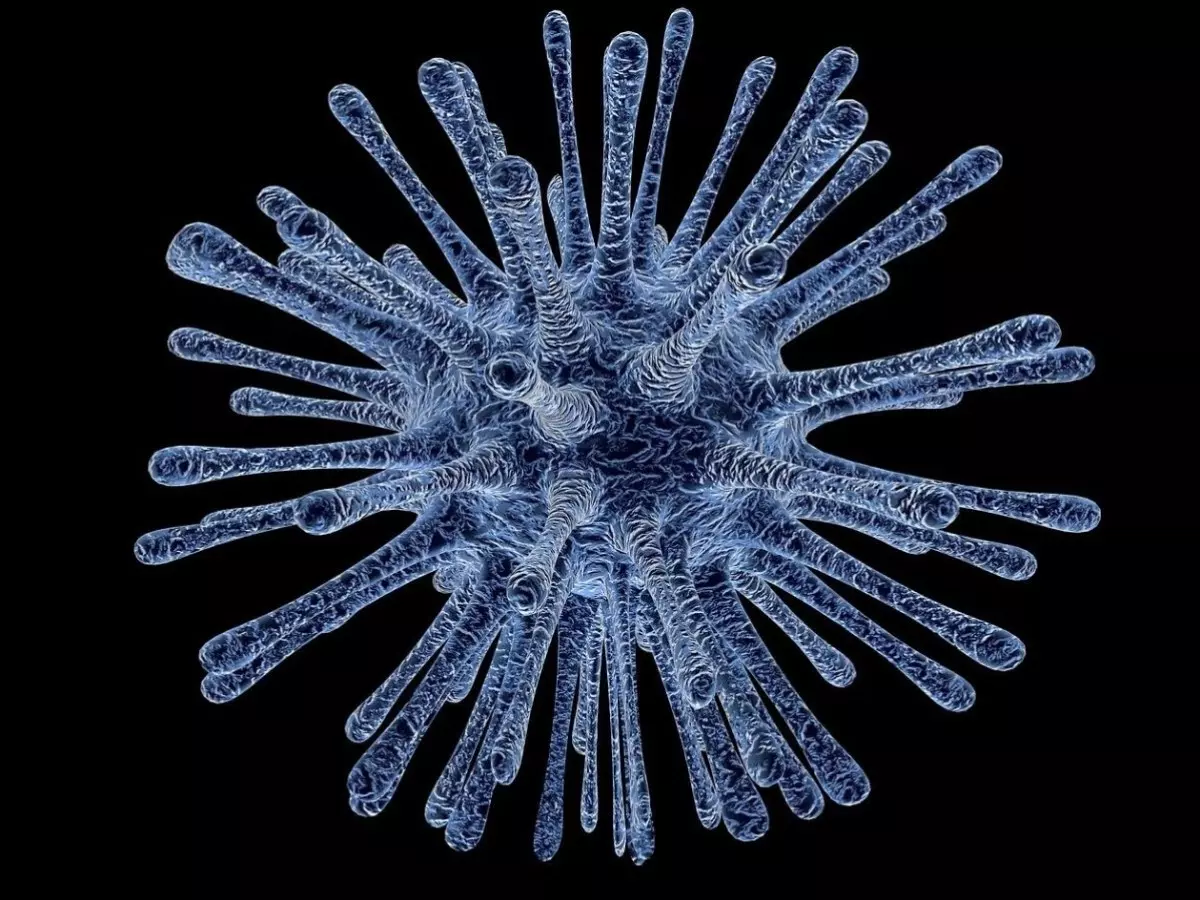Coronavirus - What Is It? How Does It Spread? What Are The Symptoms And Cure?
Coronaviruses are the types of viruses that affect the mammals respiratory tract including humans This can be easily associated with the common cold severe acute respiratory syndrome SARS and can also affect the stomach Coronavirus was first secluded in 1937 from an infectious bronchitis virus in birds. These acute viruses are responsible for between 20 and 30 percent of common colds in humans. For the last 70 years scientific research has found ...Read More

Coronaviruses are the types of viruses that affect the mammals' respiratory tract, including humans. This can be easily associated with the common cold, severe acute respiratory syndrome (SARS) and can also affect the stomach.
Coronavirus was first secluded in 1937 from an infectious bronchitis virus in birds that has the ability to seriously affects the poultry stocks. These acute viruses are responsible for between 20 and 30 percent of common colds in humans.
For the last 70 years, scientific research has found that coronavirus can infect mice, rats, dogs, cats, turkey, horses, pigs and cattle.
Now lets us know, different types of human coronavirus and their symptoms, how they can get transmitted, and the two dangerous and life threatening diseases that can be caused by coronaviruses: SARS and MERS.
Facts Of Coronaviruses:
There is no cure for the common cold, a coronavirus causes both SARS (severe acute respiratory syndrome) and MERS (Middle East respiratory syndrome). Coronavirus infect many different species in animals. There are six known human coronaviruses. SARS virus is spreading from china to cause infection in 37 countries.
What are Coronaviruses?
 Pixabay
Pixabay
Human coronaviruses (HCoV) were first identified in the 1960s in the noses of patients with the common cold and cough. Two human coronaviruses are responsible for a large proportion of colds that are OC43 and 229E.
Coronaviruses were given their names on the basis of the crown like projections that are present on the virus ¡°Corona¡± in Latin means ¡°halo¡± or crown¡±.
Infections most often occur in humans during winter and early spring time. It is not uncommon for a person to become ill with a cold that is caused by coronavirus and then get it again after some months time.
This happens due to coronavirus antibodies not lasting for a long time.
What Are The Symptoms Of Coronaviruses?
 Reuters
Reuters
Cold and flu are the first symptoms that set in from two to four days after coronavirus infection, they are very mild at the start.
Coronavirus symptoms
- Sneezing
- Nasal Drainage
- Fatigue
- A Cough
- A rare causes, Fever
- Sore Throat
Human coronaviruses cannot be cultivated in the laboratory easily, unlike other viruses which cause cold. This disease has no cure, so treatment include self care and over the counter (OTC) medication:
- Rest and avoid overexertion.
- Drink enough water.
- Avoid smoking and smoky areas.
- Use a clean humidifier or cool mist vaporizer.
The virus responsible can be diagnosed by taking a sample of respiratory fluids, such as mucus from the nose, or blood and getting it tested in the medical laboratory.
Different types of Human Virus:
 Reuters
Reuters
There are different types of human coronavirus and vary in the severity of illness they cause and how far they can spread in the body. There are six types of coronavirus that can infect humans.
Types of Coronavirus
229E (alpha coronavirus)
NL63 (alpha coronavirus)
OC43 (beta coronavirus)
HKU1 (beta coronavirus)
More dangerous and rarer types include MERS-CoV, which causes Middle East Respiratory Syndrome (MERS), and severe acute respiratory syndrome (SARS-CoV), the coronavirus responsible for SARS.
What is SARS?
Severe acute respiratory syndrome (SARS) is an infectious disease caused by SARS-CoV coronavirus. It can lead to a life-threatening form of pneumonia.
The virus started off in the Guangdong province of Southern China in November 2002, evening reaching Hong Kong. From there, it rapidly spread around the world, infecting 37 other countries.
SARS-CoV is unique. This can also cause upper and lower respiratory tract and can also cause gastroenteritis. The symptoms of SARS develop over the course of a week and later develop in fever. Early time in this condition, people develop flu-like symptoms, such as:
Dry coughing
Chills
Diarrhea
Breathlessness
Aches
Pneumonia, a severe lung infection which develops afterwards. At its most advanced stage, SARS causes failure of the lungs, heart or liver in the human body.
What is MERS?
MERS, which is caused by the MERS-CoV coronavirus, was first recognized in the year 2012. This severe respiratory illness first surfaced in Saudi Arabia and then spread to other countries. The virus has reached the United States and the largest outbreak outside the Arabian Peninsula occured in South Korea in 2015.
Symptoms include fever, breathlessness and coughing. The illness spreads through close contact with people who have already been infected with the virus. However, the main cause of MERS are linked especially to individuals who have recently returned from travel to the Arabian Peninsula. MERS is fatal in 25 to 35 percent of people who contract it.
Transmission of Coronavirus:
There has not been a lot of research on how and when human coronavirus spreads from one person to another. It is believed that this virus can get transmitted using secreted fluid from the respiratory system.
Here are some ways through which coronavirus can get spread:
- Coughing and sneezing without covering it. This can spread droplets into the air , spreading the virus.
- This virus can be caused while touching or shaking hands with the person who is suffering from the same.
- Touching or shaking hands with a person that has the virus can pass the virus from one person to another.
- The virus can spread by making contact with a surface or object that has the virus and then touching that object to your nose, eyes or mouth.
